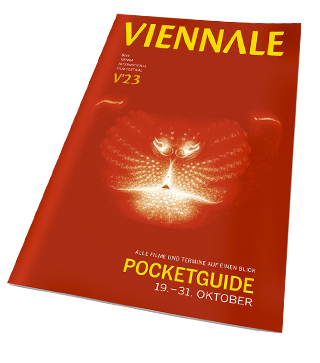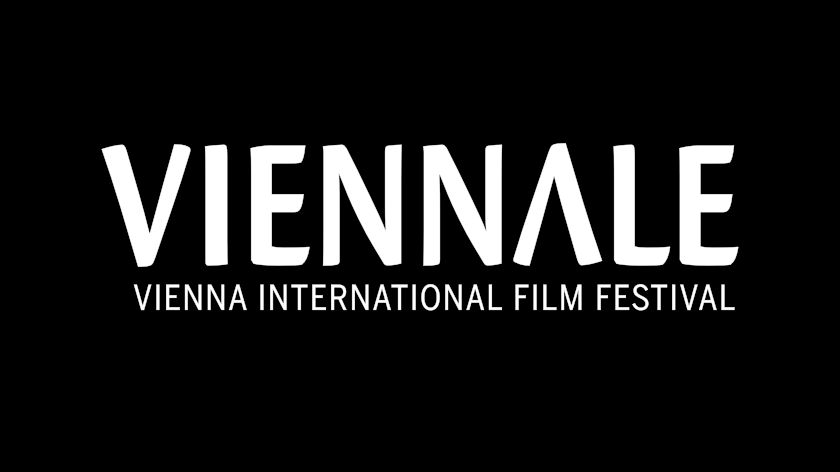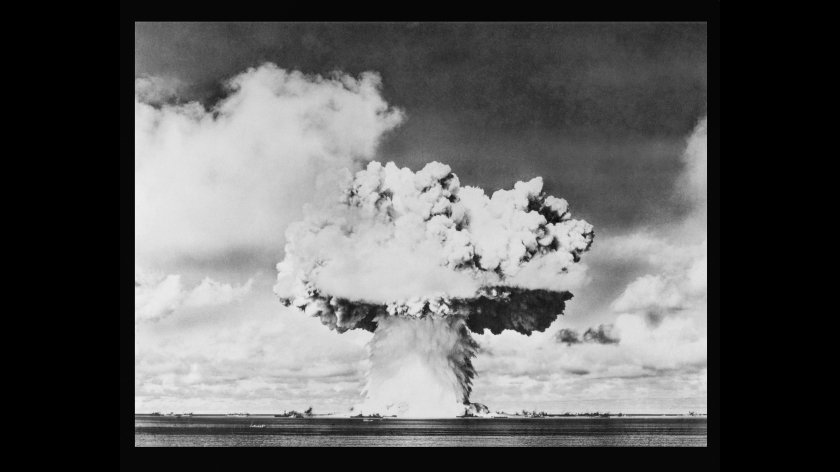79 primaveras
Vier Filme des großen kubanischen Kinomeisters. Zu Beginn Bilder vor allem von US-amerikanischen Polizeigewalttaten, dazu Lena Hornes seinerzeit in den USA verbotenes „Hava Nagila“-Cover „Now“, dem dieser Manifest-Film seinen Titel verdankt. Ähnlich getrieben und mit ebenso mageren Mitteln realisiert: die Kino-Parte für Che Guevara, HASTA LA VICTORIA SIEMPRE, die Santiago Álvarez auf Fidel Castros Geheiß für die offizielle Gedenkfeier gestaltete – in weniger als 48 Stunden. An andere Größen der Zeitgeschichte erinnert LBJ: Martin Luther King, Robert „Bobby“ sowie John F. Kennedy, die drei berühmtesten Attentatsopfer der US-Sechziger. Wobei die drei Buchstaben noch für einen vierten Namen stehen: Lyndon B. Johnson, dessen Biografie in diesem subversivsatirischen Pop-up-Buch über die Macht und ihren Preis erzählt wird. 79 PRIMAVERAS – ein Nekrolog auf „Onkel Ho“ (Ho Chí Minh) – kennt in seiner genuin materialistischen Sinnlichkeit und Bildgewalt im Kino wenig Vergleichbares. (Olaf Möller)
Already in early 1959, immediately after the success of the revolution, Fidel Castro issued an order to create a state institute for “cinematographic art and industry,” recognizing cinema as “the most powerful and provocative form of artistic expression, and the most direct and widespread vehicle for education and bringing ideas to the public.” What this new production and distribution organization (ICAIC) lacked in resources and experience, it made up for in revolutionary enthusiasm. In response to Castro’s demand to immediately start making films, Santiago Álvarez, one of the founding members, famously replied: “Give me two photos, music, and a moviola, and I’ll give you a movie.” What followed was a massive outpouring of almost one hundred mostly documentary shorts, made mostly out of already existing newsreel footage that was available to Cuba at the time, where revolutionary editing techniques were employed to tackle the pressing political issues of the time, from racism to imperialism. Travis Wilkerson, director of ACCELERATED UNDER-DEVELOPMENT: IN THE IDIOM OF SANTIAGO ALVAREZ (1999), provided perhaps the most eloquent and concise description of Santiago Álvarez’s unique films, defining them as “always political, often didactic. They could be playful or deadly serious. They were born of rage, bitter irony, and an almost limitless solidarity. They could be raucous or silent, brief or monumental, laconic or verbose. They were prone to tangents, but could be as eloquent as poetry. They never sought perfection. They were never made with posterity in mind. They were made for the here and the now. They showed the world to be forever changing, and changeable.” (Jurij Meden)
Alle Retrospektiven-Filme, die nach der Viennale – ab dem 2.11. – im Filmmuseum gezeigt werden, können selbstverständlich auch wie gewohnt auf www.filmmuseum.at oder unter Tel. 01/533 70 54 reserviert und an der Kassa des Österreichischen Filmmuseum gekauft werden. Es gelten die Preise des Filmmuseums.
- Santiago Álvarez based on texts by Jose Marti
- Ho Chí Minh
- Iván Napoles
- Norma Torrado
- Country Joe & The Fish
- Blood, Sweat & Tears
- Mikis Theodorakis
- Nina Simone
- Iron Butterfly
- J.S. Bach





